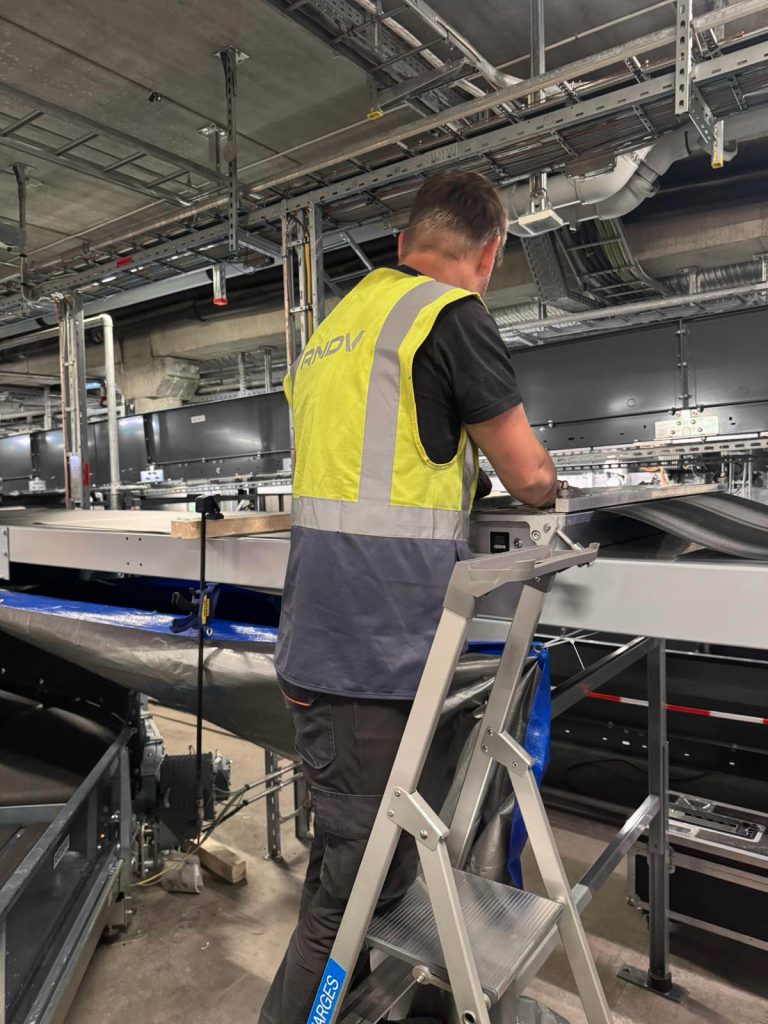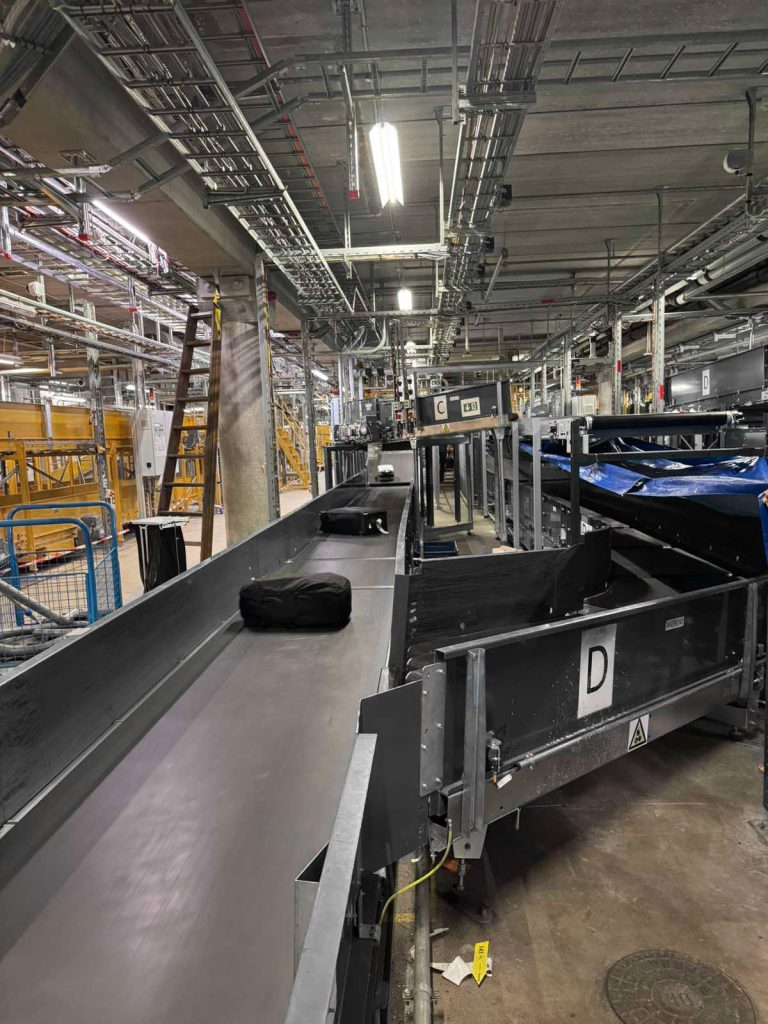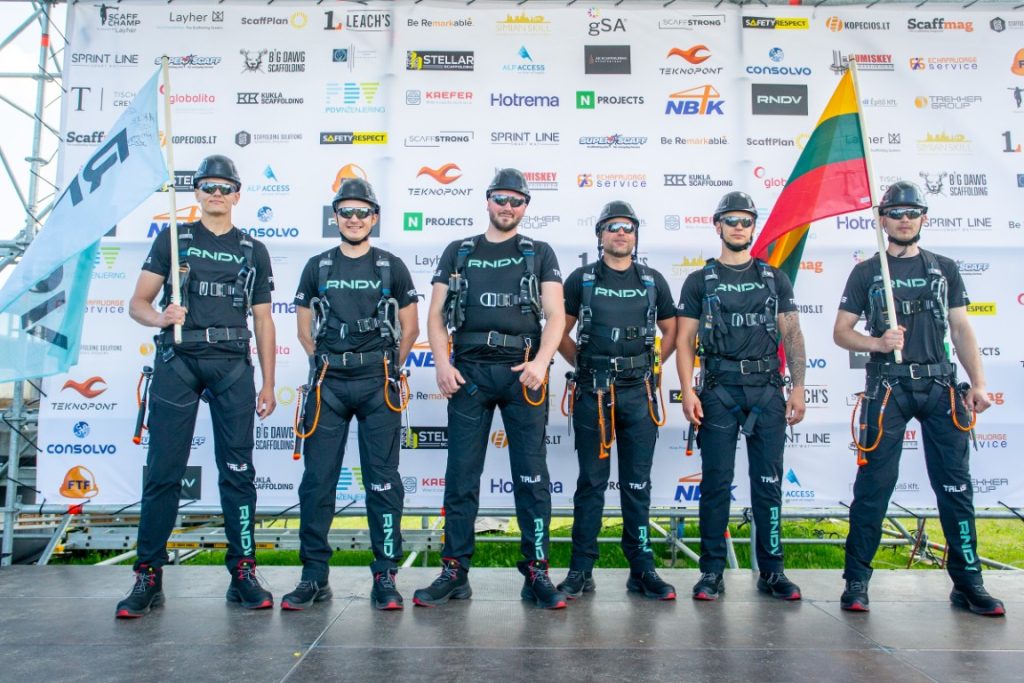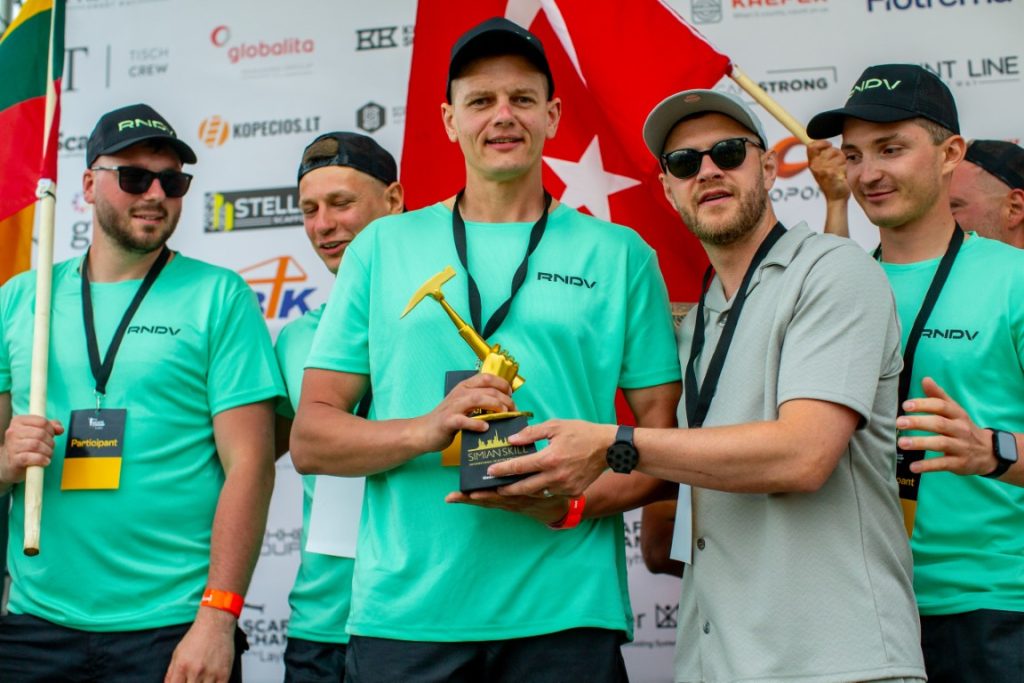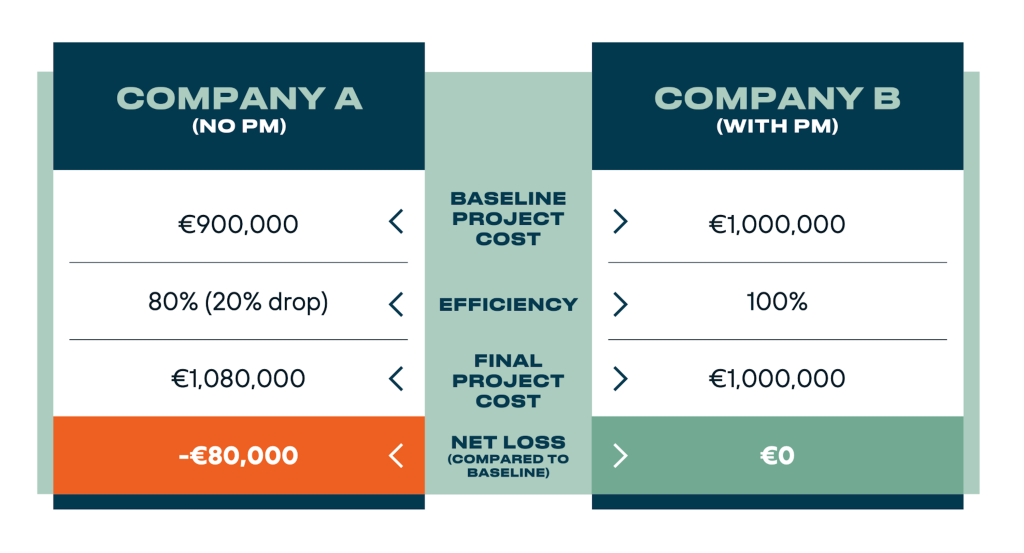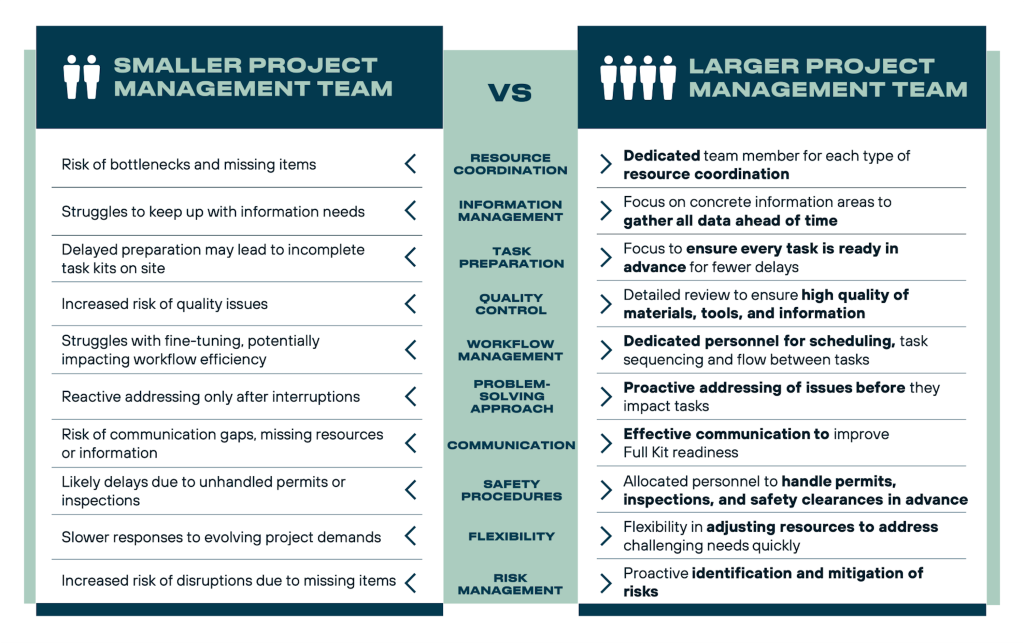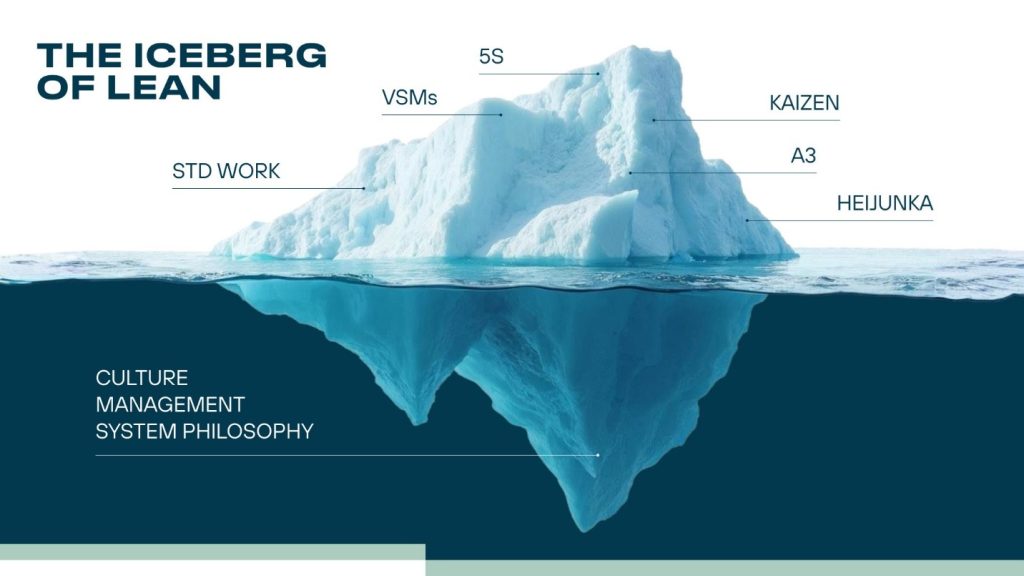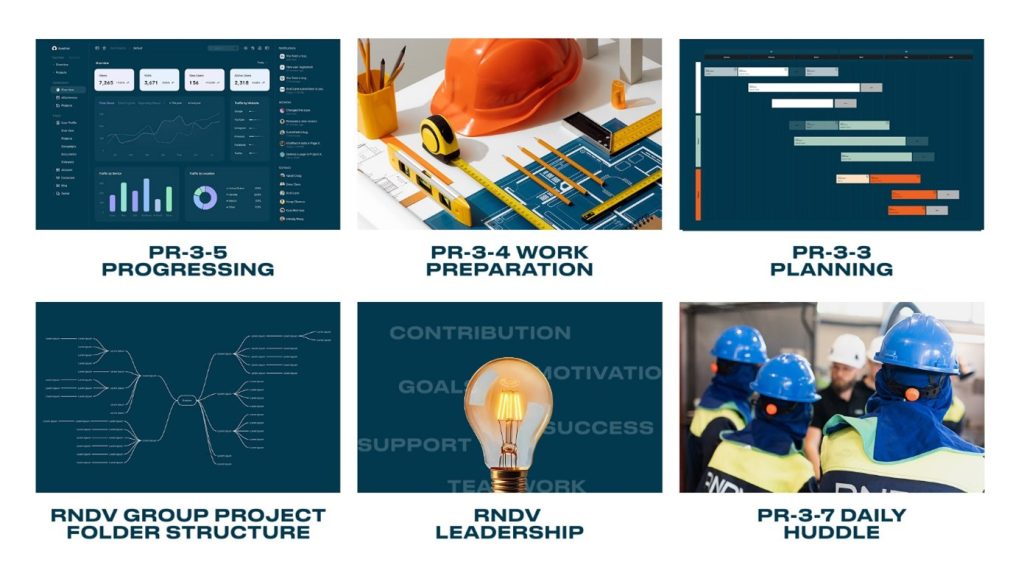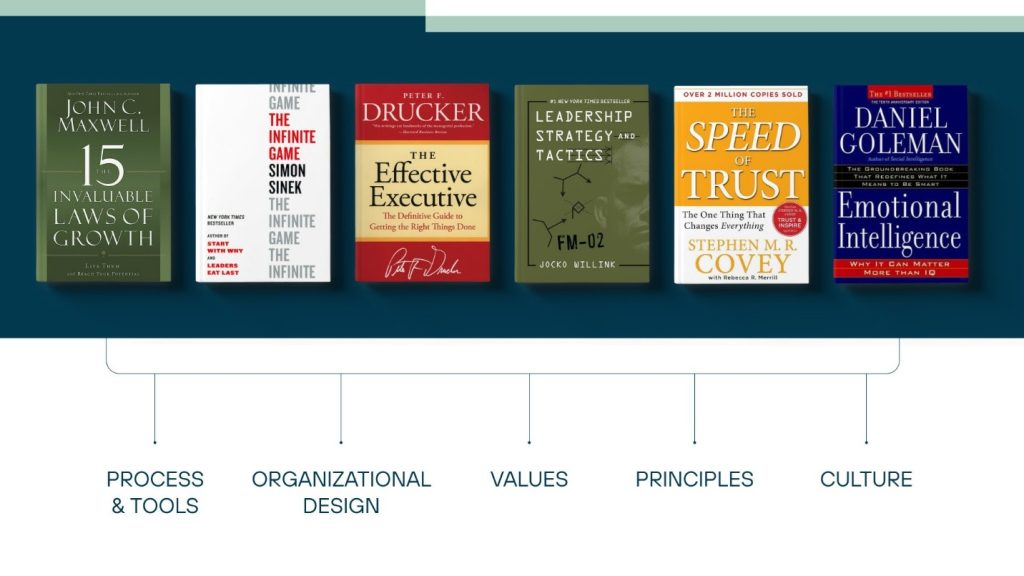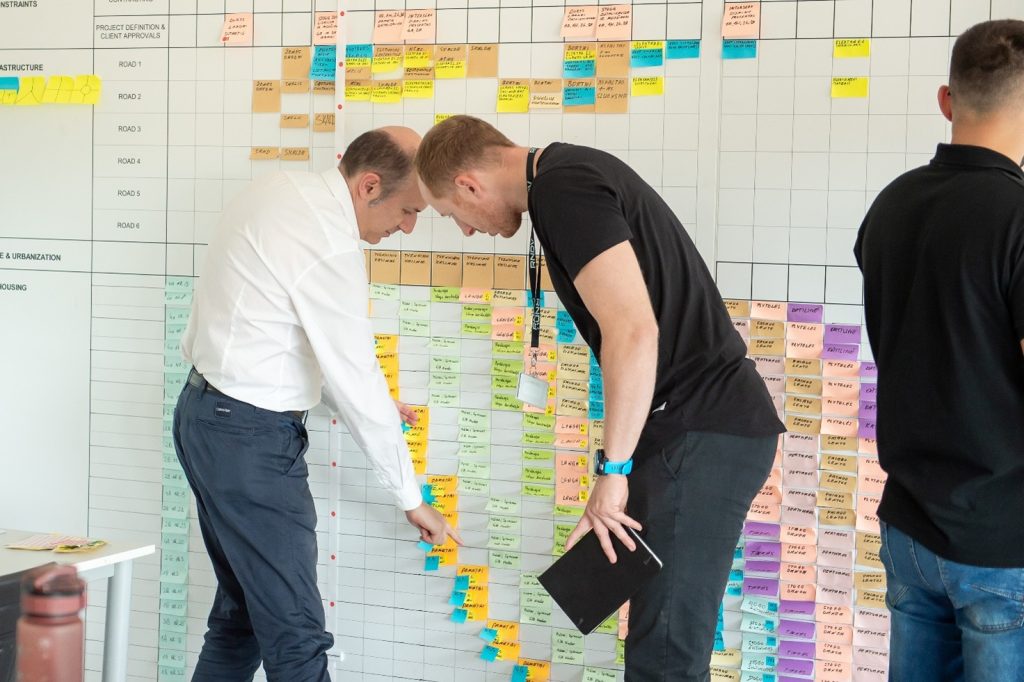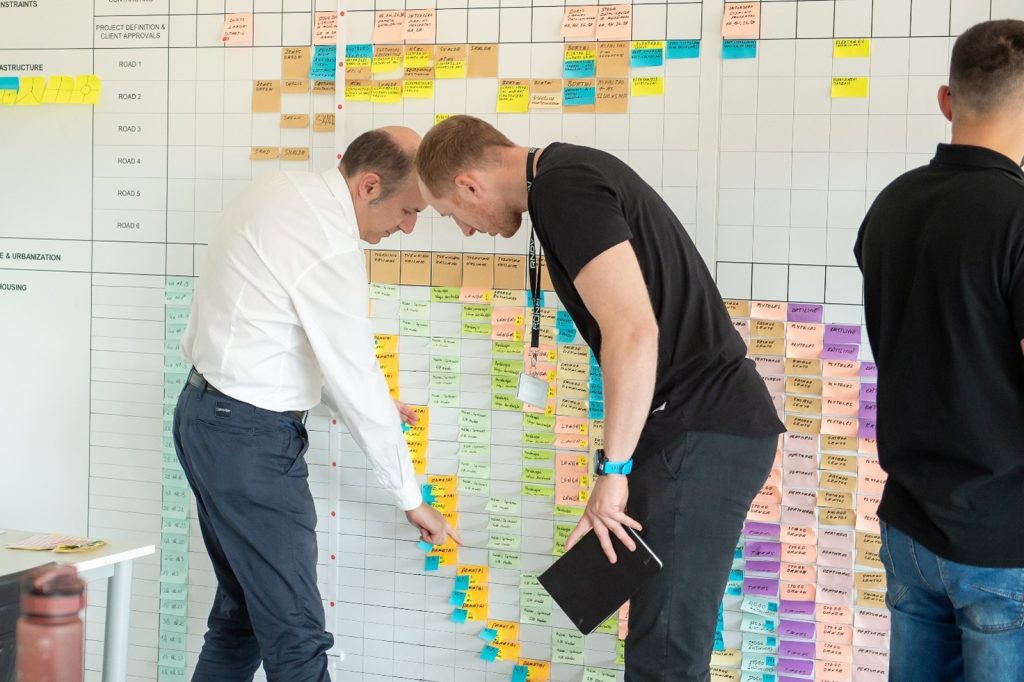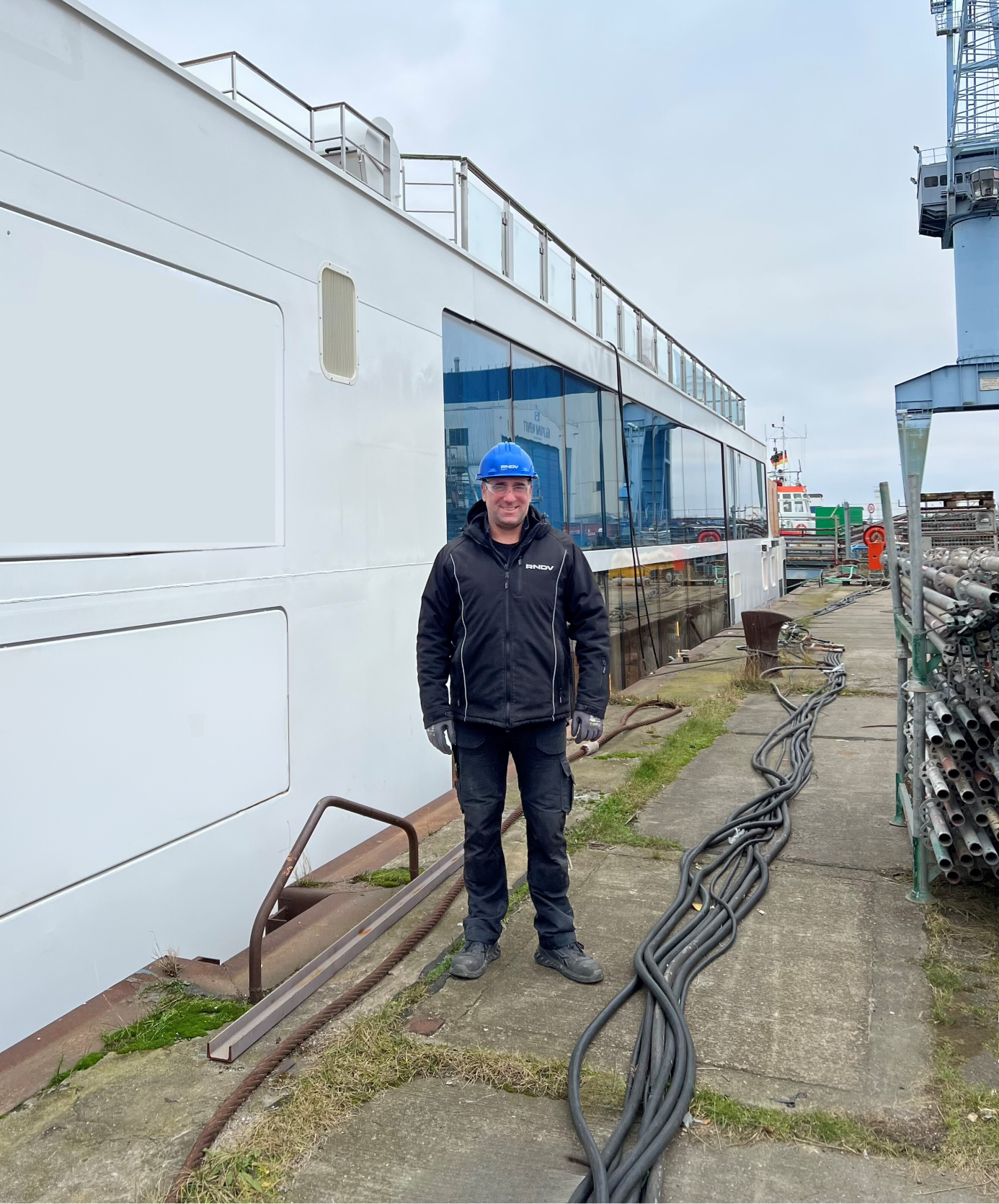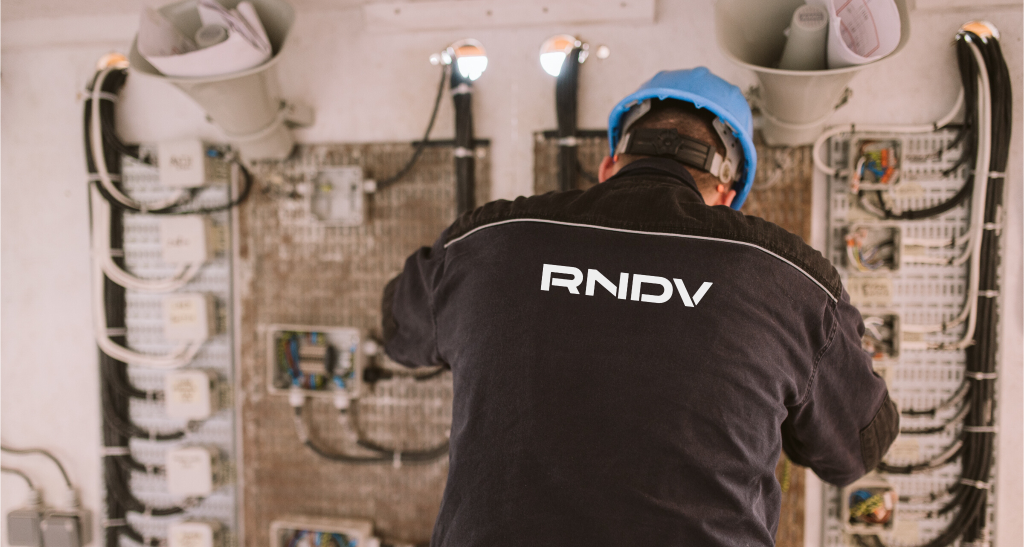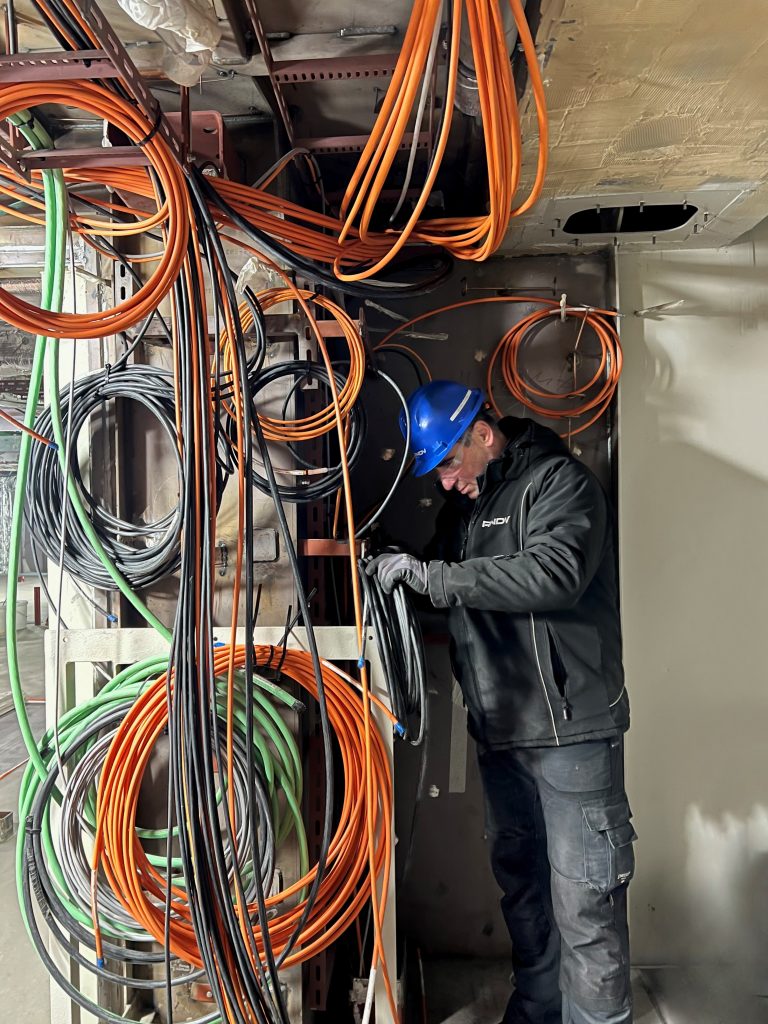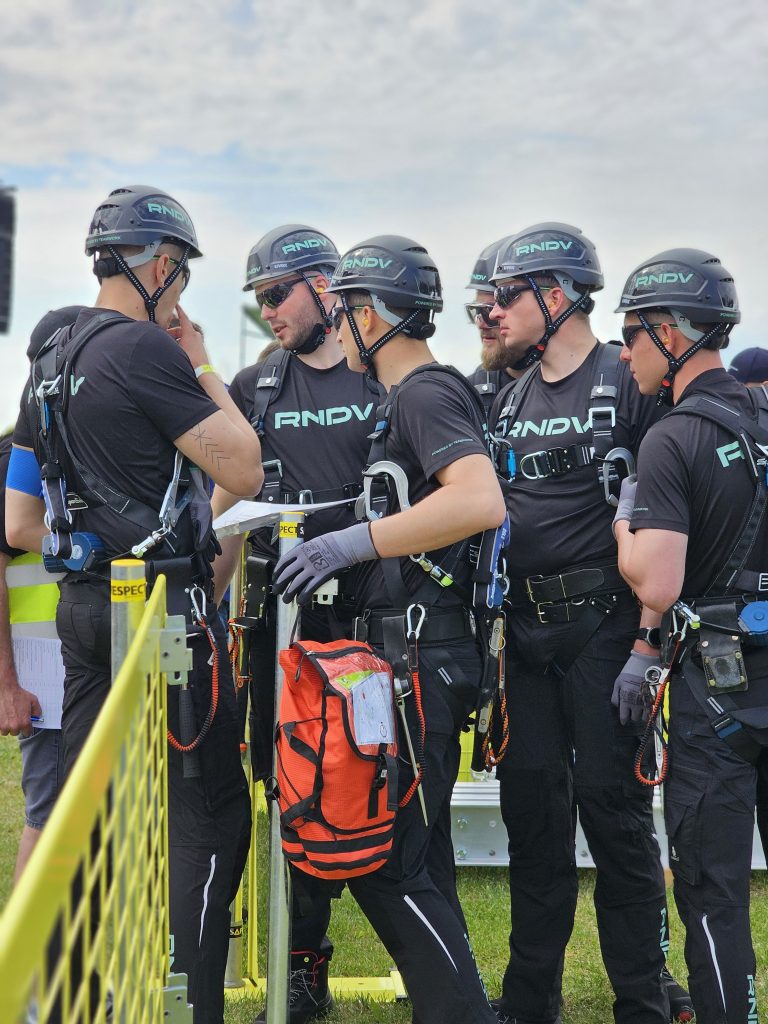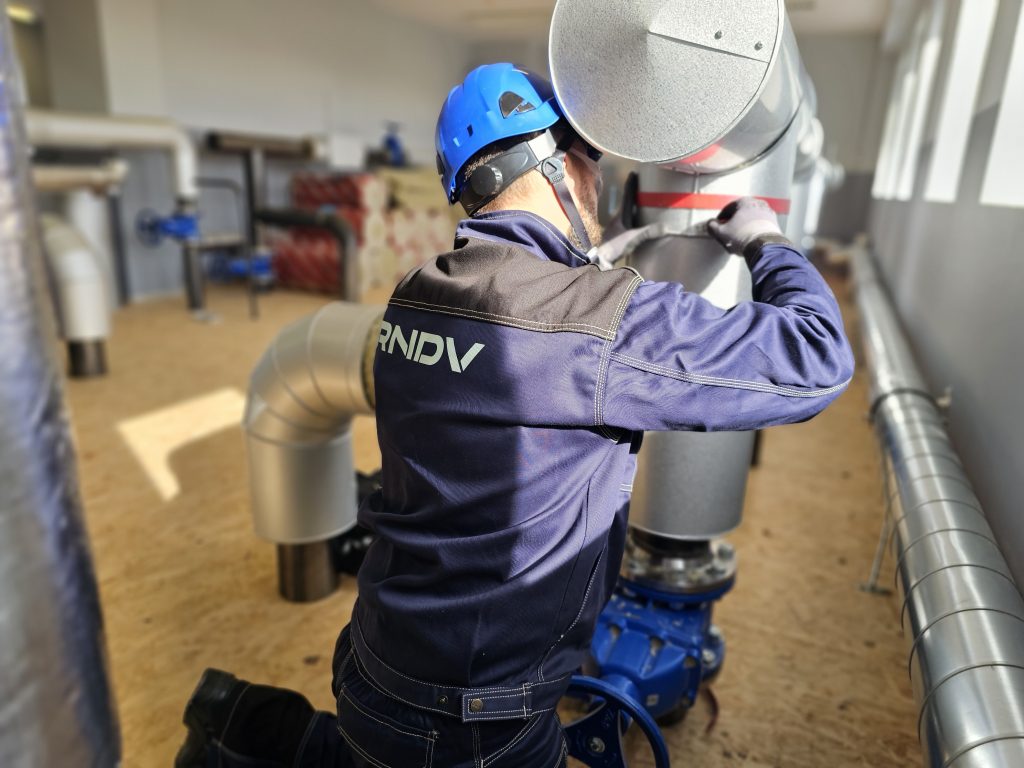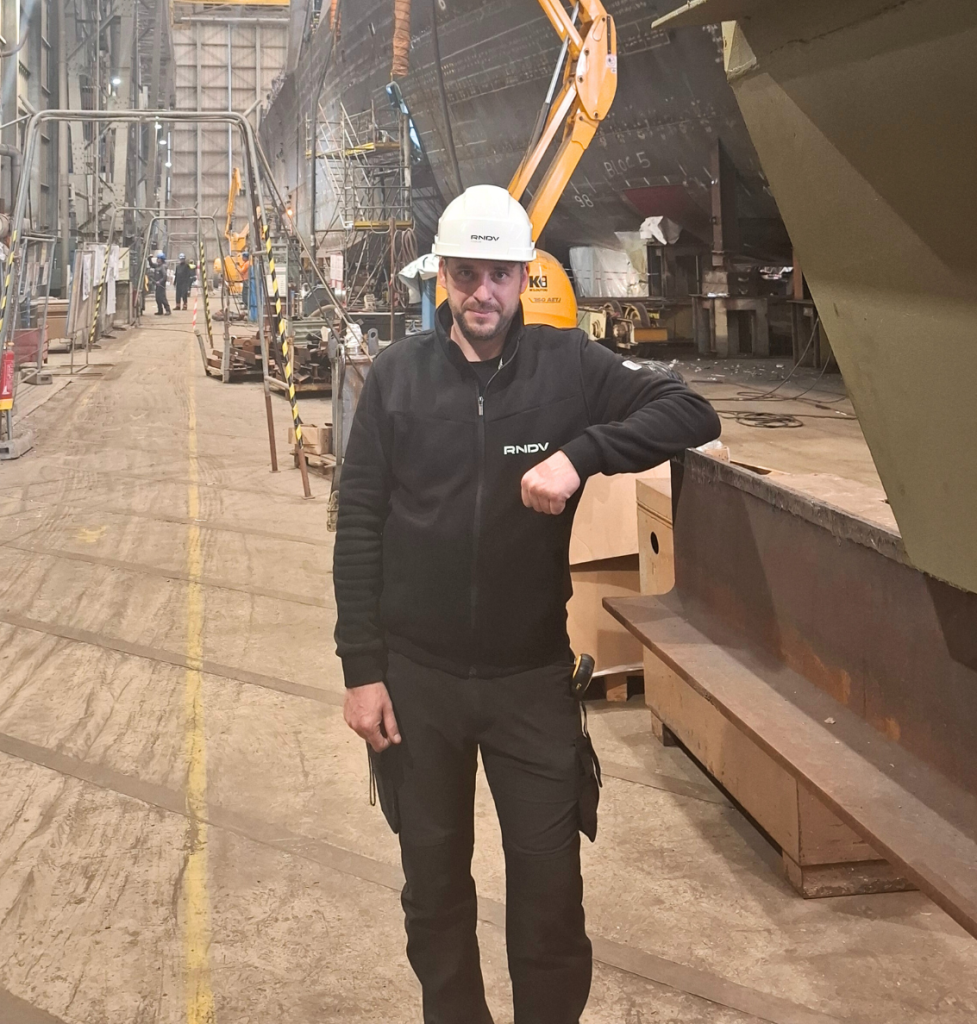Jovita Gendvilė, RNDV Group Key Account Manager

Imagine meeting an international client for the very first time. You plan to start with small talk, build some rapport, and then gently ease into business. But the meeting unfolds differently: no pleasantries, no warm-up – just a brisk, ten-minute conversation straight to the point, led entirely on their terms. Did something go wrong?
That’s exactly how my first meeting with Norwegian partners went. Today, after years of collaboration, our conversations stretch a little longer – maybe 20 minutes – but the core approach hasn’t changed: business first, and only if there’s time, a bit of casual chat at the end.
Experiences like these are an important reminder: what feels natural to us may be unusual – or even inappropriate – to others. That’s why in cross-cultural sales, one of the most critical skills is understanding how your client thinks, communicates, and builds trust in their culture – and knowing how to adapt.
Why it Matters
At RNDV, we work with culturally diverse clients every day. Most of our projects take place across Europe – from Scandinavia and Germany to France and the Netherlands – and our clients span multiple countries and continents. With over 18 years of international experience, we’ve learned how to build trust and ensure smooth collaboration with partners around the world.
Success in international sales isn’t just about product knowledge or performance – it’s about grasping the nuances. What’s considered professional? What expectations do partners have? What’s the accepted way to present ideas?
Here’s just a glimpse:
- In Scandinavia, equality is key – leaders are accessible, and decisions are made collectively with the team.
- In France, leadership is more hierarchical – decisions typically come from the top.
- In Germany, partners are efficiency-driven and highly results-oriented.
- In Sweden, social well-being and consensus matter deeply – negotiation is often about balance, not pressure.
These differences may seem subtle, but they’re crucial. If your message doesn’t land the right way, even the best offer can fall flat.
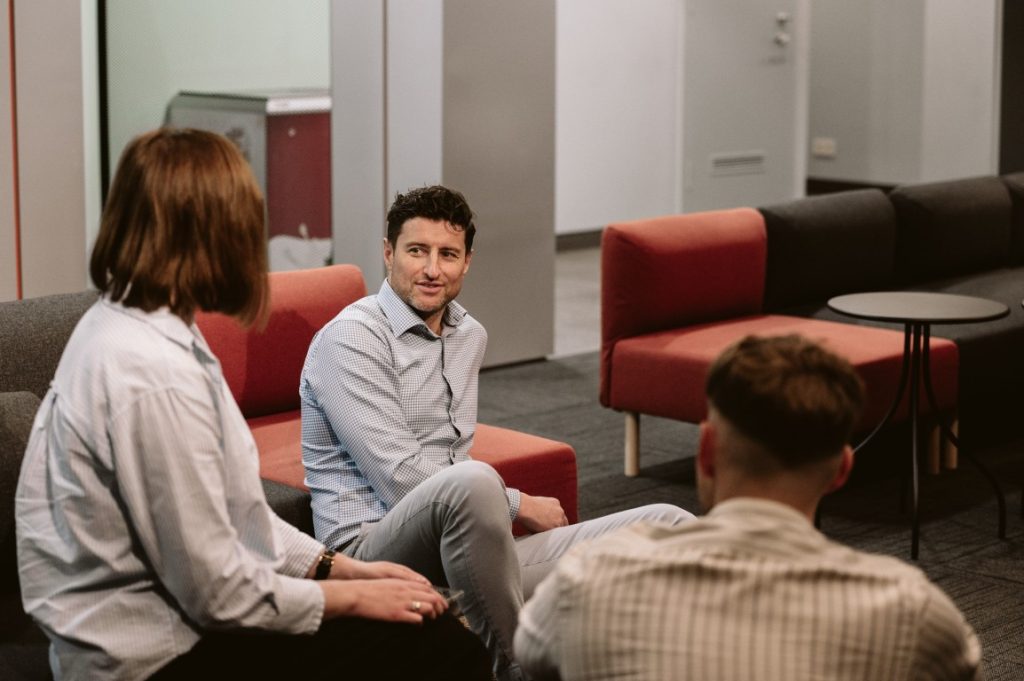

How to Prepare
Understanding your client’s national and organisational culture is a cornerstone of long-term collaboration. Sometimes, it’s as simple as mentioning a local event, person or shared interest – just enough to break the ice. A few words in the client’s native language can often do more than perfect grammar in English.
At RNDV, we share cultural insights internally and actively build our cultural intelligence – the ability to navigate and adapt across cultures. It’s not just a soft skill – it’s the foundation of effective communication, and that’s what sales is built on.
Curiosity helps too. Notice how people interact when travelling. Talk to locals. Even small details matter: for instance, if someone on a flight slurps their hot drink loudly, your instinct may label it rude. But in some cultures, that’s actually a sign of appreciation – a subtle way of showing respect. Knowing this may save you from a misstep.
Beyond Politeness
Cultural awareness isn’t just about being polite – it’s a strategic asset in negotiations. At RNDV, we intentionally focus on markets where we’ve built strong know-how, and whenever we enter a new one, we do our homework.
We also use tools like Richard Lewis’ cultural models, which help us identify different communication styles. Our clients often fall into two groups: linear-active cultures (structured, fact-based decision-makers) and multi-active cultures (relationship-driven and emotionally expressive). Knowing what each group values allows us to tailor our presentations and arguments.
For one audience, success means a clear agenda, solid numbers, and detailed planning. For another, it’s about big-picture thinking, long-term impact, and interactive dialogue.
This doesn’t just improve outcomes – it saves our clients time, keeps our message relevant, and shows we speak their language, in more ways than one.
Cultural understanding is more than a value at RNDV – it’s part of how we work. And it’s one of the reasons our clients come back – and recommend us to others.
Want to learn more about how we sell across cultures? We’re happy to share our approach.
Let’s talk.


